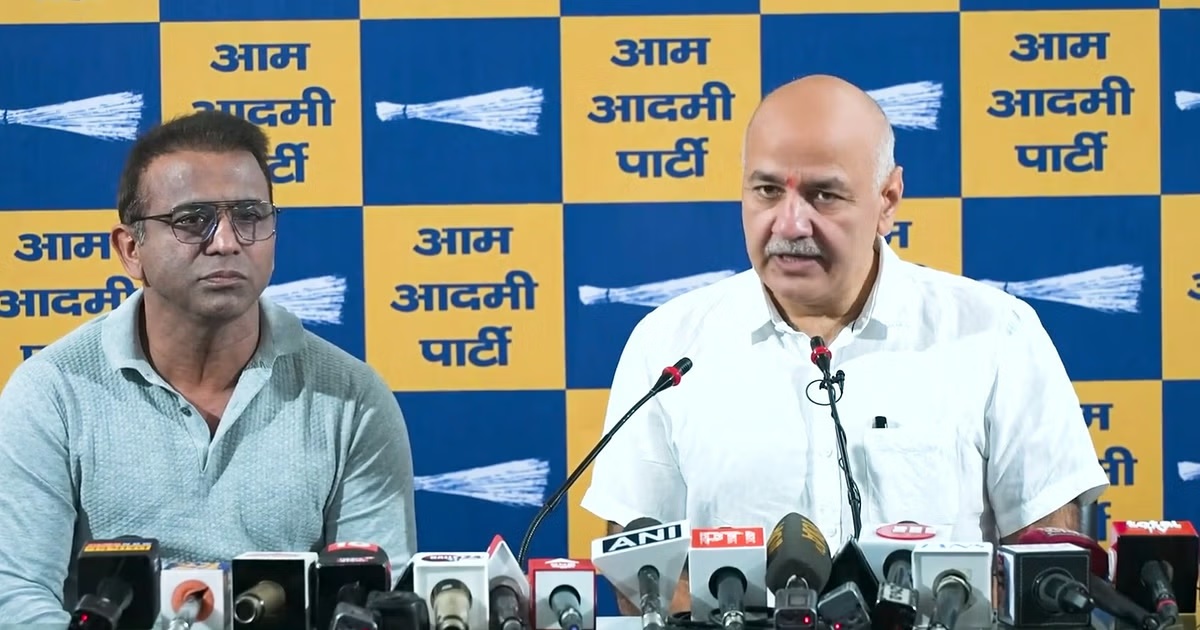Former Delhi Minister Kailash Gahlot’s move to BJP sparks speculation about his discontent with AAP and political aspirations, reshaping the capital's political landscape ahead of upcoming elections.

From AAP to BJP: Gahlot’s Surprise Switch
In a surprising political turn, Kailash Gahlot, former Delhi Transport and Environment Minister, has joined the Bharatiya Janata Party (BJP), leaving the Aam Aadmi Party (AAP) amidst speculations of growing internal conflicts. Gahlot’s defection marks a significant shift in Delhi’s political dynamics, especially with assembly elections on the horizon.
While Gahlot has been a key figure in the AAP government, spearheading flagship policies such as the electric vehicle initiative and improved public transport systems, his exit raises questions about leadership cracks within AAP. Party insiders suggest his relationship with Chief Minister Arvind Kejriwal had strained in recent months, further fueled by disagreements over resource allocation for Delhi’s pollution control measures.
The BJP, on the other hand, is touting Gahlot’s entry as a boost to its urban governance agenda. BJP leaders highlighted his administrative experience, hoping it would bolster their image as a credible alternative to the ruling AAP in the capital.
Political analysts view Gahlot’s move as strategic, considering the BJP’s plans to expand its footprint in Delhi after a lackluster performance in recent elections. His transition could appeal to a section of urban voters disillusioned with AAP's governance.
However, critics argue Gahlot’s shift to the BJP undermines his credibility as a champion of progressive policies. Many see it as a self-serving move aimed at political survival rather than public service.
As the dust settles, Gahlot’s political recalibration underscores the ever-changing allegiances in Indian politics, leaving voters to question the motives behind such switches.